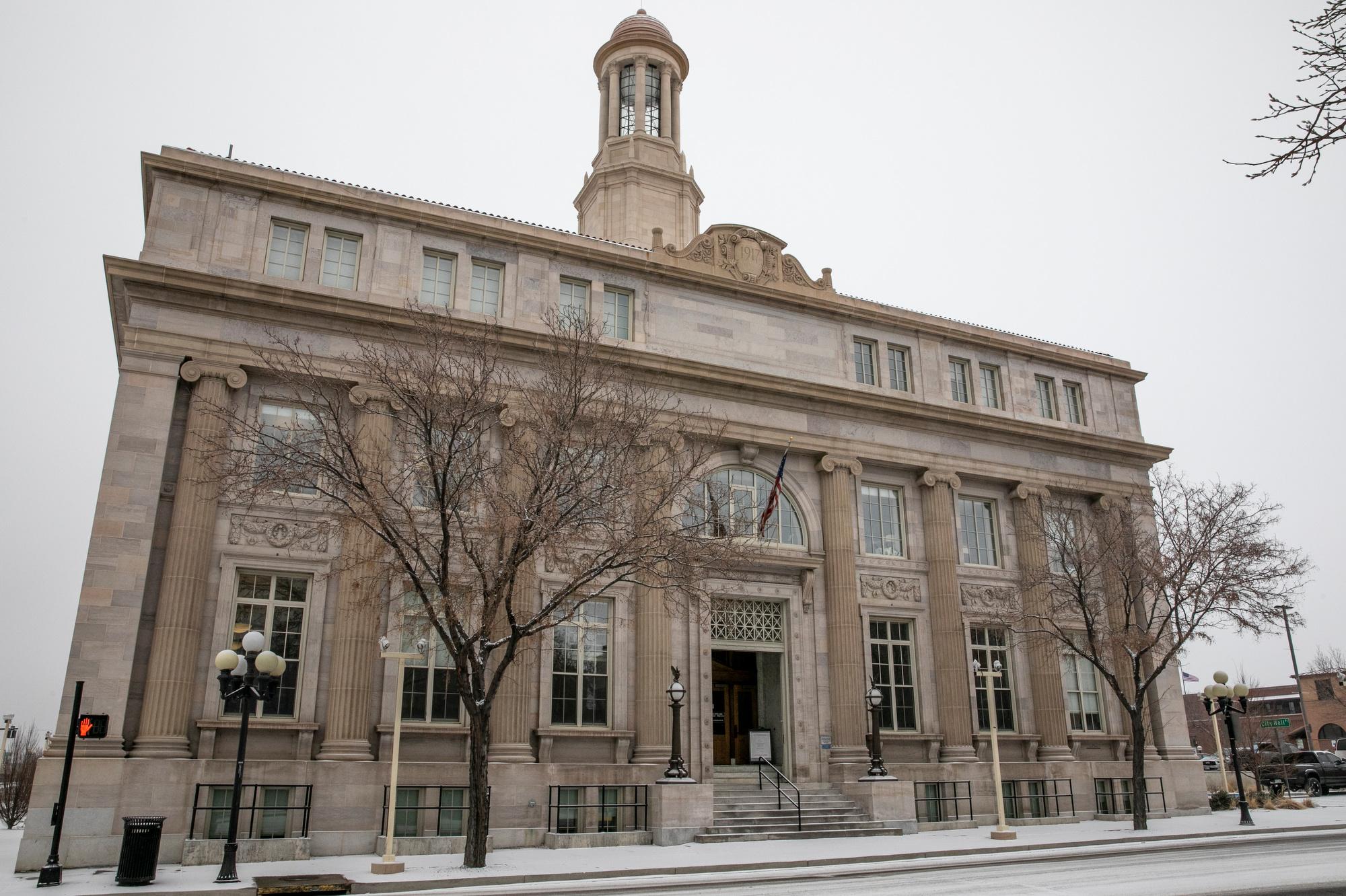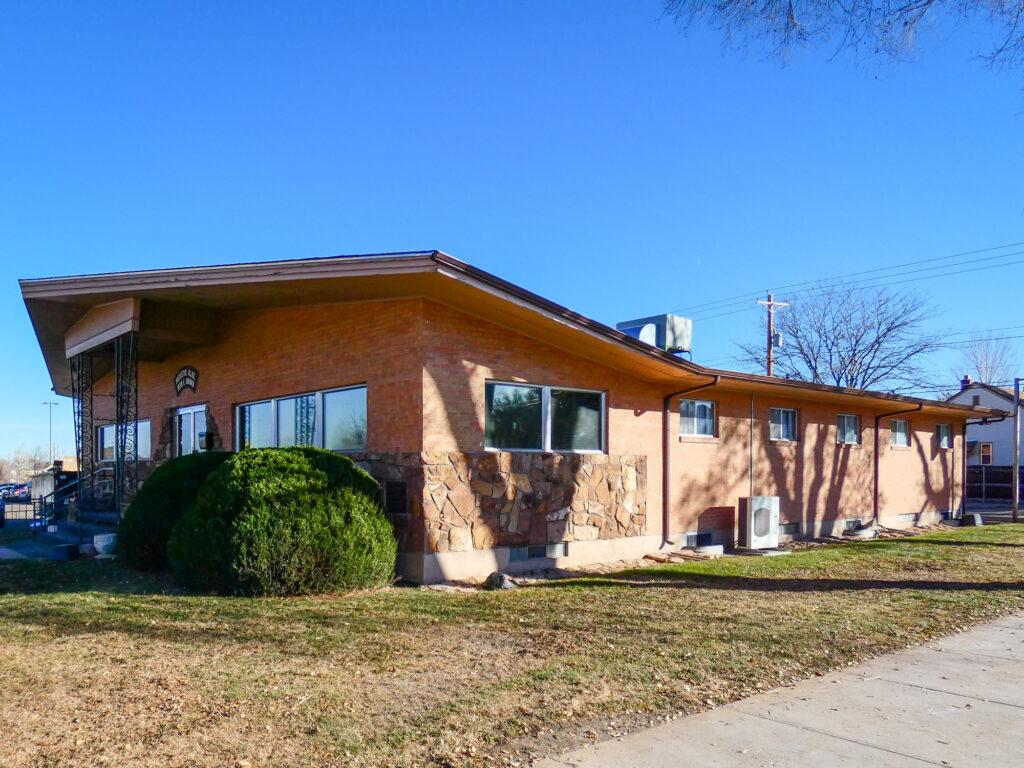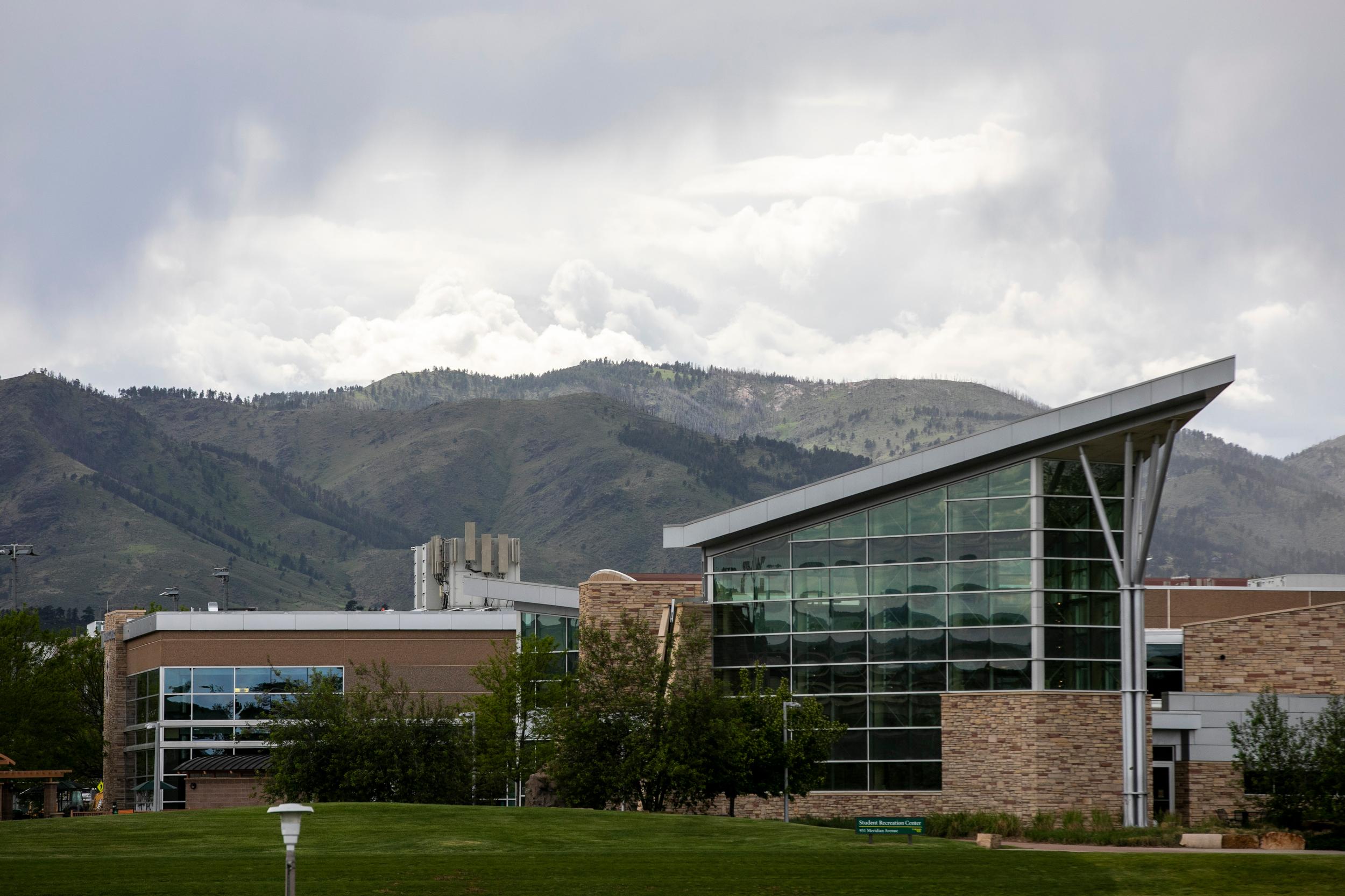
The Pueblo city council plans to vote on a measure that would effectively ban abortions within the city limits, the first proposal of this kind in Colorado since the U.S. Supreme Court overturned Roe v. Wade.
The ordinance, which faces uphill odds of passing the politically divided council, would seek to use a mechanism similar to the law in Texas that bans abortions after six weeks and empowers local citizens, not the government, to file claims against abortion providers.
By a narrow margin, the council approved moving the ordinance forward on Monday, setting the stage for a formal vote on December 12, as first reported by the Pueblo Chieftain.
Opponents on both sides of the issue say the ordinance was prompted by an abortion provider that plans to open a facility in the city. Currently the nearest place to obtain the procedure is Colorado Springs.
Pueblo City Council member Regina Maestri, a registered Republican, said that when her constituents raised concerns about the potential clinic, she decided to take action.

“I consider myself to be pro-life. I'm just not a pro-life activist. It's just my choice to give life over death,” Maestri said to loud applause during the city council hearing this week.
Maestri thanked anti-abortion activist Mark Lee Dickson for helping her with the ordinance, calling him the “top person in the country” on local anti-abortion measures. Dickson is from Texas and founded the group Sanctuary Cities for the Unborn.
“You wanna say he's from Texas coming in here and invading, so are the abortion clinics,” said Maestri.
The building for the potential facility was purchased by Clinics for Abortion and Reproductive Excellence, according to the Pueblo Chieftain; the provider has facilities in Maryland and Nebraska.
Pueblo’s proposed ordinance draws its legal justification from on the 1873 federal Comstock Act that bans mailing abortion-related materials. Attorneys for the city of Pueblo recommended not moving ahead with it and state leaders said it would violate Colorado law.
Pueblo Mayor Nick Gradisar told KRCC that abortion is legal in Colorado and the property where the facility would be located is properly zoned for that use.
Earlier this year, Democratic state lawmakers passed the Reproductive Health Equity Act, known as RHEA, which codifies abortion access into state law and bars local governments from passing any restrictions on the procedure. Backers say they were deliberately trying to avoid a piecemeal approach around the state.
“The last thing we wanted was local municipalities or counties thinking that they had the right or the power to make these patchwork of laws that would stop a fundamental right to abortion in Colorado,” said Democratic Rep. Daneya Esgar of Pueblo. She was the House Majority Leader last legislative session and one of the main sponsors of RHEA.
Democratic Rep. Meg Froelich, another main sponsor, said the Pueblo ordinance doesn’t surprise her.
“I think RHEA and Colorado’s affirmation of abortion is a setback for the anti-choice movement and they’re going to take us on in a lot of different ways.”
A spokesman for Colorado’s Attorney General, Democrat Phil Weiser, said the office is monitoring the developments in Pueblo and “committed to defending the Reproductive Health Equity Act and challenging any local ordinance that violates the law.”
Pueblo city councilor Vicente Martinez Ortega, a registered Democrat, doesn’t believe the issue should be coming forward at all. But since it is, he said he thinks the controversy will actually end up benefiting people who support more abortion access.
Martinez Ortega noted that in the recent election, people in Pueblo voted for Democrats to represent them at the state legislature and in the past have voted down statewide attempts to restrict abortion access, which have failed multiple times in Colorado.
“Pueblo has spoken about wanting (to have) access to abortion, reproductive rights and family planning clinics. We just elected three different folks to the state level for that same representation, wanting more access. And so when we hear at a city level that we should go home and pray about this, that's a clear indicator that these are not folks necessarily from Pueblo.”
Esgar agrees that there is a lot of grassroots organizing around the issue happening in Pueblo.
“I think the fact that people are realizing that we are finally going to have an abortion clinic in Pueblo and we haven't had one in so long, or ever… it's bringing people out that haven't necessarily been outspoken before on abortion to stand up and say, ‘this is my right and I'm gonna keep it.’ And I think that that's never a bad thing.”
Quin Friberg with the group Forging Pueblo, which supports the ordinance, is urging the city council to keep considering the proposal and argues it isn't about a woman's right to choose.
"The status quo already requires women to leave Pueblo to get abortions, and that option would remain. The ordinance only affects Pueblo City and stops these types of facilities from coming here, damaging our community," he said.
Frinberg’s message to the council: “If you let this play out it will say something about who you are. It's always easier to avoid difficult topics, but we did not elect you to avoid difficult topics and we elected you to do what is right and best for Pueblo.”
Pueblo’s city council will discuss the ordinance at a work session next week before taking the final vote December 12.









